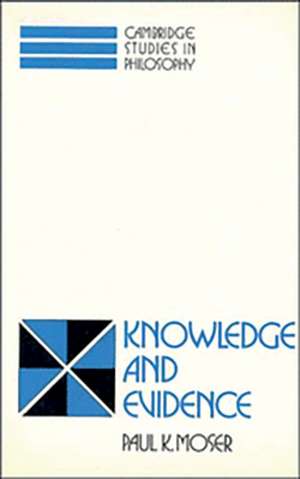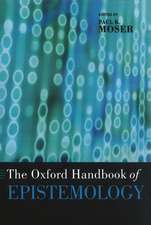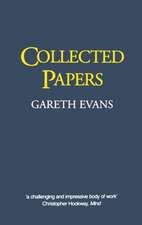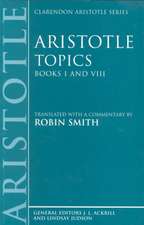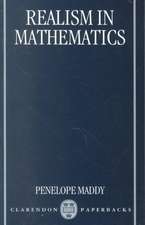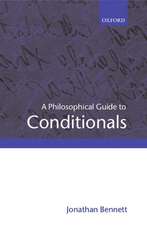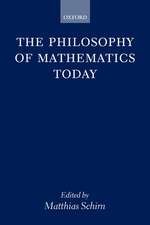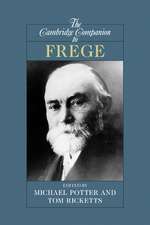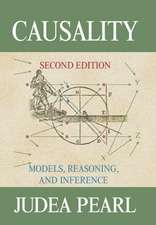Knowledge and Evidence: Cambridge Studies in Philosophy
Autor Paul K. Moseren Limba Engleză Paperback – 25 iul 1991
Din seria Cambridge Studies in Philosophy
-
 Preț: 153.58 lei
Preț: 153.58 lei - 14%
 Preț: 769.32 lei
Preț: 769.32 lei -
 Preț: 225.97 lei
Preț: 225.97 lei -
 Preț: 323.18 lei
Preț: 323.18 lei -
 Preț: 173.58 lei
Preț: 173.58 lei -
 Preț: 433.93 lei
Preț: 433.93 lei -
 Preț: 262.35 lei
Preț: 262.35 lei -
 Preț: 387.37 lei
Preț: 387.37 lei - 11%
 Preț: 688.23 lei
Preț: 688.23 lei -
 Preț: 408.57 lei
Preț: 408.57 lei - 11%
 Preț: 445.99 lei
Preț: 445.99 lei - 11%
 Preț: 577.02 lei
Preț: 577.02 lei - 11%
 Preț: 423.03 lei
Preț: 423.03 lei -
 Preț: 273.50 lei
Preț: 273.50 lei - 11%
 Preț: 427.52 lei
Preț: 427.52 lei -
 Preț: 449.76 lei
Preț: 449.76 lei -
 Preț: 223.67 lei
Preț: 223.67 lei - 11%
 Preț: 691.14 lei
Preț: 691.14 lei - 14%
 Preț: 675.49 lei
Preț: 675.49 lei - 14%
 Preț: 696.12 lei
Preț: 696.12 lei -
 Preț: 239.48 lei
Preț: 239.48 lei -
 Preț: 319.40 lei
Preț: 319.40 lei -
 Preț: 378.11 lei
Preț: 378.11 lei - 14%
 Preț: 863.75 lei
Preț: 863.75 lei - 11%
 Preț: 691.81 lei
Preț: 691.81 lei -
 Preț: 433.93 lei
Preț: 433.93 lei - 11%
 Preț: 456.26 lei
Preț: 456.26 lei - 11%
 Preț: 611.45 lei
Preț: 611.45 lei - 11%
 Preț: 688.23 lei
Preț: 688.23 lei -
 Preț: 313.85 lei
Preț: 313.85 lei -
 Preț: 220.42 lei
Preț: 220.42 lei - 11%
 Preț: 687.59 lei
Preț: 687.59 lei -
 Preț: 209.44 lei
Preț: 209.44 lei -
 Preț: 284.89 lei
Preț: 284.89 lei -
 Preț: 281.12 lei
Preț: 281.12 lei - 11%
 Preț: 692.50 lei
Preț: 692.50 lei -
 Preț: 291.93 lei
Preț: 291.93 lei - 14%
 Preț: 740.63 lei
Preț: 740.63 lei - 11%
 Preț: 687.02 lei
Preț: 687.02 lei - 11%
 Preț: 525.56 lei
Preț: 525.56 lei - 11%
 Preț: 693.18 lei
Preț: 693.18 lei - 11%
 Preț: 688.92 lei
Preț: 688.92 lei - 11%
 Preț: 686.42 lei
Preț: 686.42 lei - 11%
 Preț: 693.78 lei
Preț: 693.78 lei - 11%
 Preț: 583.02 lei
Preț: 583.02 lei - 11%
 Preț: 686.53 lei
Preț: 686.53 lei -
 Preț: 394.56 lei
Preț: 394.56 lei
Preț: 316.73 lei
Nou
Puncte Express: 475
Preț estimativ în valută:
60.61€ • 62.90$ • 50.66£
60.61€ • 62.90$ • 50.66£
Carte tipărită la comandă
Livrare economică 17-31 martie
Preluare comenzi: 021 569.72.76
Specificații
ISBN-13: 9780521423632
ISBN-10: 0521423635
Pagini: 300
Dimensiuni: 140 x 216 x 17 mm
Greutate: 0.4 kg
Ediția:Reprint
Editura: Cambridge University Press
Colecția Cambridge University Press
Seria Cambridge Studies in Philosophy
Locul publicării:New York, United States
ISBN-10: 0521423635
Pagini: 300
Dimensiuni: 140 x 216 x 17 mm
Greutate: 0.4 kg
Ediția:Reprint
Editura: Cambridge University Press
Colecția Cambridge University Press
Seria Cambridge Studies in Philosophy
Locul publicării:New York, United States
Cuprins
Acknowedgments; Introduction; 1. Conditions for propositional knowledge; 2. Minimal epistemic reasons; 3. Justifying epistemic reasons; 4. Foundationalism and some alternatives; 5. Procedural epistemic rationality; 6. Propositional knowledge; References; Index.
Recenzii
'Moser has produced a foundationalist account of justification and knowledge … that in some respects is superior to anything else in the literature.' W. Alston, Syracuse University
'Paul Moser's book is a powerful antidote to the naive but morally and intellectually damaging 'relativism', that pervades much contemporary social and literary theory, but it is much more than that. Unfashionably but persuasively, Moser defends a foundationalist epistemology and a verison of the correspondence theory of truth.' The Times Higher Education Supplement
'Paul Moser's book is a powerful antidote to the naive but morally and intellectually damaging 'relativism', that pervades much contemporary social and literary theory, but it is much more than that. Unfashionably but persuasively, Moser defends a foundationalist epistemology and a verison of the correspondence theory of truth.' The Times Higher Education Supplement
